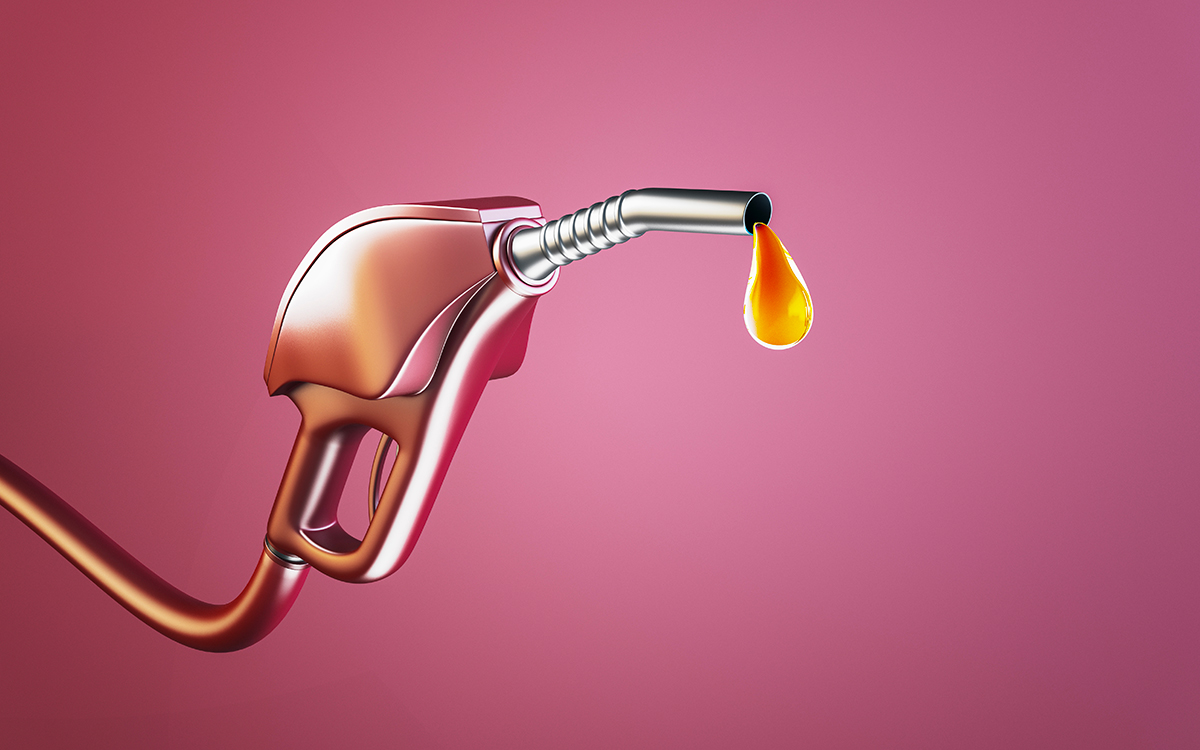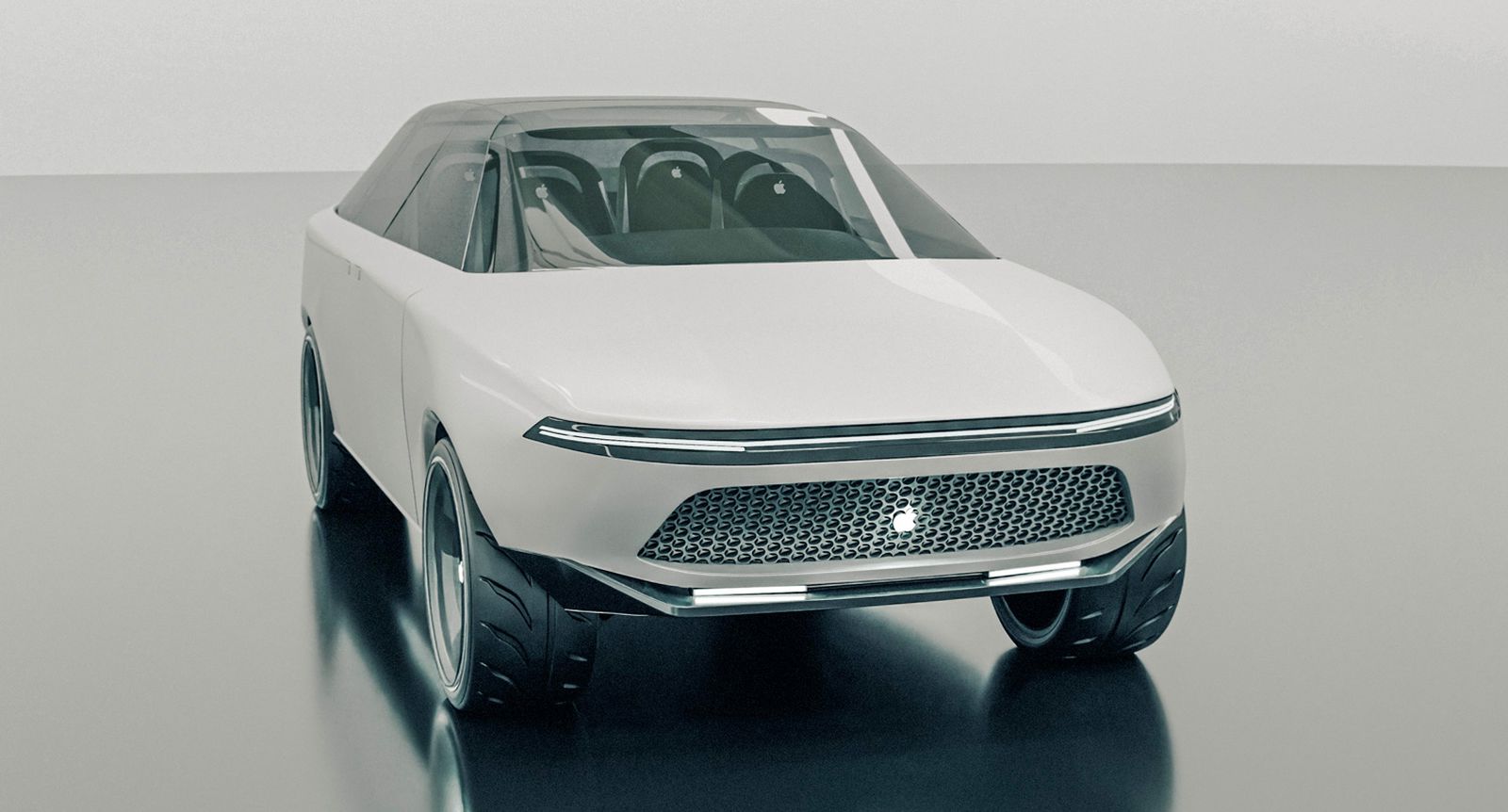
It’s the end of three weeks of intensive negotiations between Germany and the European Commission. Indeed, the two players have managed to reach an agreement, which authorizes the sale after 2035 of new thermal cars running only on e-fuel.

Germany’s gamble paid off. Remember, three weeks ago, when the European law on the ban on the sale of thermal cars was going to be voted on definitively, Berlin did an about-face at the last minute.
A first at this advanced stage of the procedure. In order to give its way again, Germany demands from the EU the introduction of additional measures in the law in favor of synthetic fuels. As we learned on March 22, 2023, Europe finally complied with German demands by proposing a first draft of the amended text.
This new version authorizes in particular the continuation of sales of new thermal cars after 2035, provided that they use synthetic fuels exclusively, also called e-fuels.
EU and Germany reach agreement on e-fuel
However, an official agreement between the two parties still needed to be found to end the dispute. It’s been done since this Saturday, March 25. “The way is clear: Europe remains technologically neutral. Vehicles equipped with a combustion engine can be re-registered after 2035 if they exclusively use neutral fuels in terms of CO² emissions”. congratulated Volker Wissing, the German Transport Minister.
In fact, and barring a last-minute surprise, the final vote on the text of the law should take place at the meeting of energy ministers this Tuesday, March 28 2023 in Brussels. “We will now work to get CO2 standards adopted for automotive regulations as soon as possible,” assured Frans Timmermans, Vice-President of the European Commission, in charge of the Green Deal.
Parliament can still reshuffle the cards
Now the EU will have to establish new legal provisions, which will make it possible to legally consider cars running on e-fuel versus carbon neutral. Volker Missing hopes that this legislative process will be concluded by fall 2024.
Is the game still played? Not really, since the Parliament can still oppose the validation of the new “pro-e-fuel” measures provided by the European Commission. Pascal Canfin, MEP and President of the Parliament’s Environment Committee, will do everything possible to ensure that “the 100% e-fuel criterion is well controllable and effective to avoid any break with our commitment to climate neutrality”.
Source : The echoes



